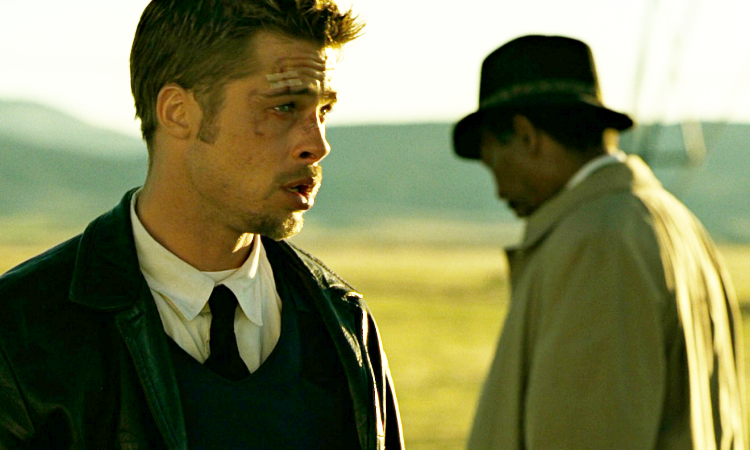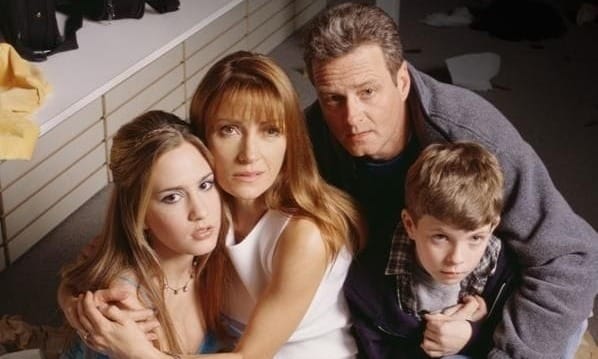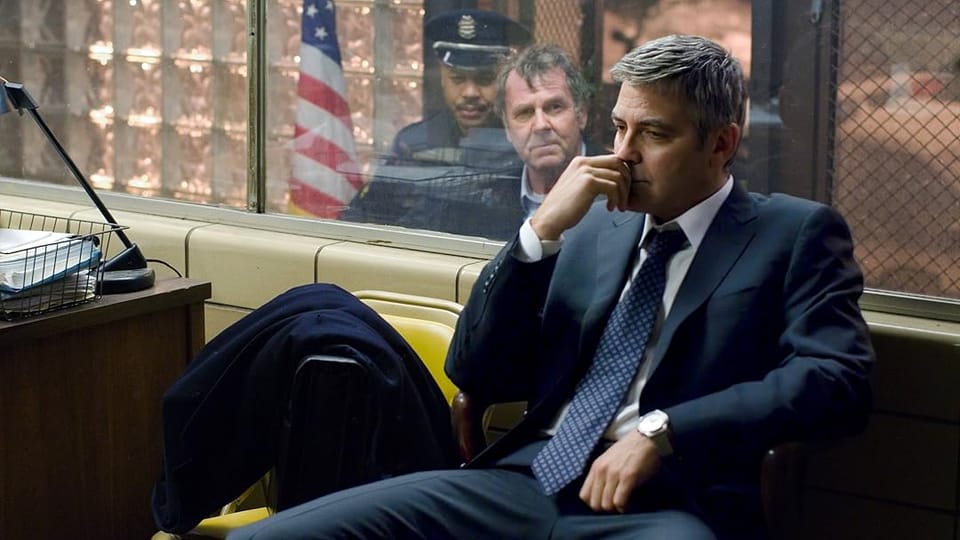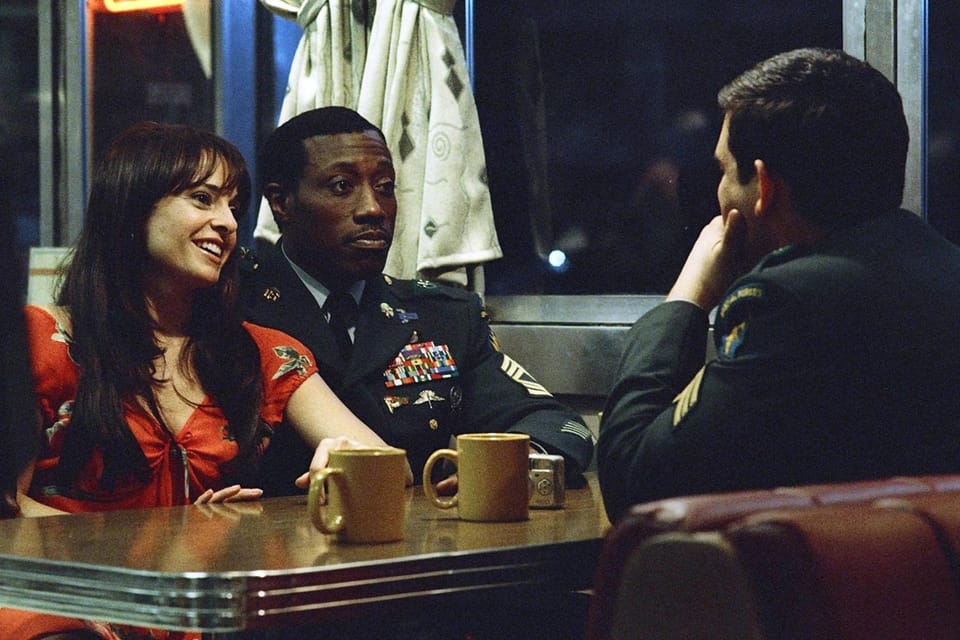Navigating Screenplay Development Without Getting Fired.
Early in my screenwriting career, I was insecure, combative, and a pain to work with. Here is how I turned that around.

The Story and Plot Weekly Email is published every Tuesday morning. Don't miss another one.
I was horrible to work with
Early in my screenwriting career, I argued, didn't take notes well, and was essentially what the ancient mystics called, "a massive pain in the ass."
It was mostly fear and insecurity, with a heavy dash of laziness.
Yes, sometimes the notes were bad, but sometimes they weren't, and I handled them the same way, so the notes were not the issue.
I was the issue.
I gained a well-earned reputation and this was a big reason my career went away.
Not the only reason, but a significant one.
Eventually, I sobered up and was fortunate to get another chance in this business. I wanted to change my reputation, but I didn't know how.
Then Craig Mazin gave a talk at the WGA on thriving in development.
This was a huge influence. I also started keeping careful track of the choices I made in development and what worked and what didn't.
But I also leaned more into what I taught and how it could help me communicate with the team and help get us on the same page quicker.
Once again, teaching made me a better professional writer.
Here are some of the things I've learned over this stretch.
First and foremost:
1) Your biggest enemy is your emotional pain.
This is from Mazin, and understanding this is crucial. Your emotional pain is what will drive you to make poor decisions and act unwisely.
Do not lead with your emotional pain.
If you let your pain dictate your behavior, they will find someone else. Every time. No one likes the person making everyone uncomfortable or making everything harder than it already is.
When I have a note session on the phone or a Zoom, I put an index card right on my desk that says, "Your Emotional Pain."
It is there to remind me not to give in to it.
This does not mean the pain is not real.
It sucks to see something you love get mangled. It sucks to hear others act without curiosity, as if you didn't battle over every single word.
So the pain is real, and it is legitimate.
It just doesn't help you in the slightest. It does nothing for you.
In fact, it is your primary obstacle to your goal: to stay on the project and influence how it gets made.
Keep the pain at bay. Feel it later, if you want. But do not allow it to influence one moment of behavior.
2) Everyone is on the same team.
Do not treat different views, opinions, etc., as the enemy. If you go into the meeting with that attitude, it emerges, no matter how you try to hide it.
Everyone in the meeting is your ally.
Everyone has the same goal: to make the movie.
Most people do not know how to develop material. They know it, and they're nervous about it. They're insecure, too.
Position yourself as the rock of stability in the room. Be the most reliable on the team.
Be positive when things are going well, be calm and assuring when things are going poorly.
If you remain the calm, steady rock, that will eventually be your role on the team.
Embrace it.
3) Whatever you do, do not engage in what Mazin calls the 3 Ds.
Do not Defend, Deny, or Debate.
It does no good. Being "right" is not the goal here. People want to feel heard.
The best way to make someone feel heard is to actually hear them.
So, practice active listening.
Hear what they say. Acknowledge it by sincerely repeating it back to them. Make the connection.
Then, figure out later what is to be done.
But do not argue. Do not explain why the note is wrong or doesn't make sense.
Don't even point out they gave you the opposite note the last round. And that will happen.
Just listen to what the note is. Feel free to ask legitimate questions. Get them to clarify. Ask them what they mean.
But do not defend, deny, or debate.
Remember the goal. The goal is to make a movie.
4) What is important is your intention in the script, not the execution of it.
There are other ways to execute your intention.
Don't be the person worried about what's on the page when everyone else is worried about making a movie.
The intention is what you need to protect. If they want something else, so be it, but carefully and elegantly look to get in agreement on what the intention is.
Because at least then you can figure out how to do it.
But keep it positive; your questions are always about understanding what they want better, not expressing your disdain.
Often, when you ask them to clarify and nudge them to make clear their intention, you'll end up right where you started or even find a better way to execute your initial intention.
At every opportunity, look for a win-win.
There will occasionally be loose cannons that like to destroy everything.
There just isn't much you can do about that. It sucks, but it will happen.
But your goal remains the same: be onboard to influence how this gets made.
Write the best screenplay you can. Be the calming force. It won't always be enough. But you can sleep at night knowing you did the best you could.
--------------
I went from no one wanting to work with me twice to producers looking for our next project as soon as the last one was done.
I am the trusted member of the team that gets the job done.
All because I changed how I handle development.
I am proud of that.
So start now. Don't wait.
Be the type of writer people want to work with twice.
And give your career a chance to thrive.
Not everyone gets a second shot like I did.
1-on-1 Coaching
I dedicate Fridays to 1:1 coaching. It's my favorite thing to do with my teaching. It's personal, direct, and focused.
Last week, I helped someone with a short film they're about to shoot, and for another, I helped with their treatment before they went to script.
We can turn an entire project around in an hour, and we have fun doing it.
If you're working on a project and you really want to knock it out of the park:
Click here to learn more about 1:1 Coaching.
That's a wrap for this week!
Thanks so much for being a subscriber.
As always, any help to spread the word about the Weekly Email is appreciated.
I've been teaching for over 20 years now, but the The Weekly Email is only seven months old! Not many people know about it.
I hope we can change that.
Until next week, all the best.
Tom Vaughan
The Story and Plot Weekly Email is published every Tuesday morning. Don't miss another one.
When you're ready, these are ways I can help you:
WORK WITH ME 1:1
1-on-1 Coaching | Screenplay Consultation
TAKE A COURSE
Mastering Structure | Idea To Outline




